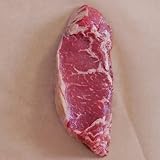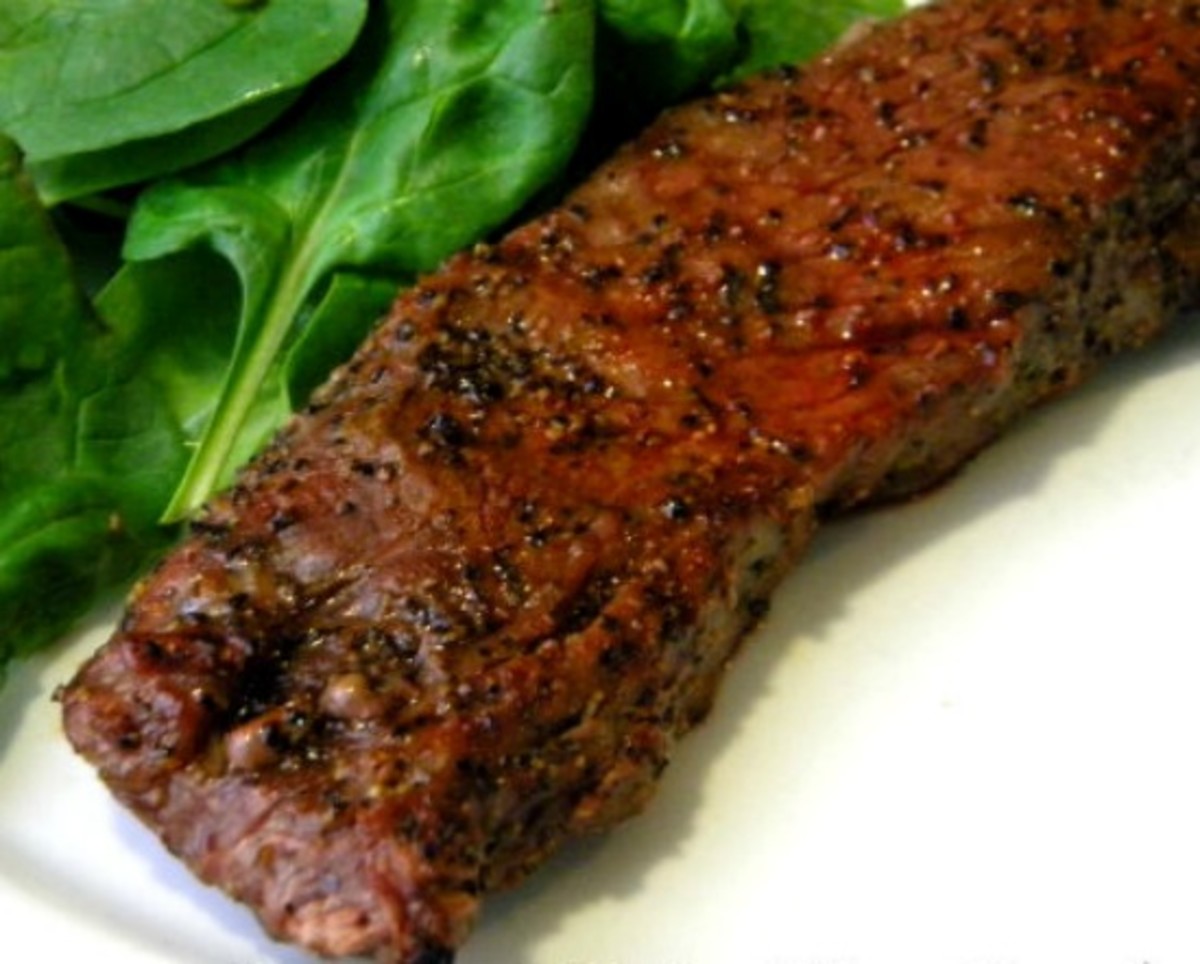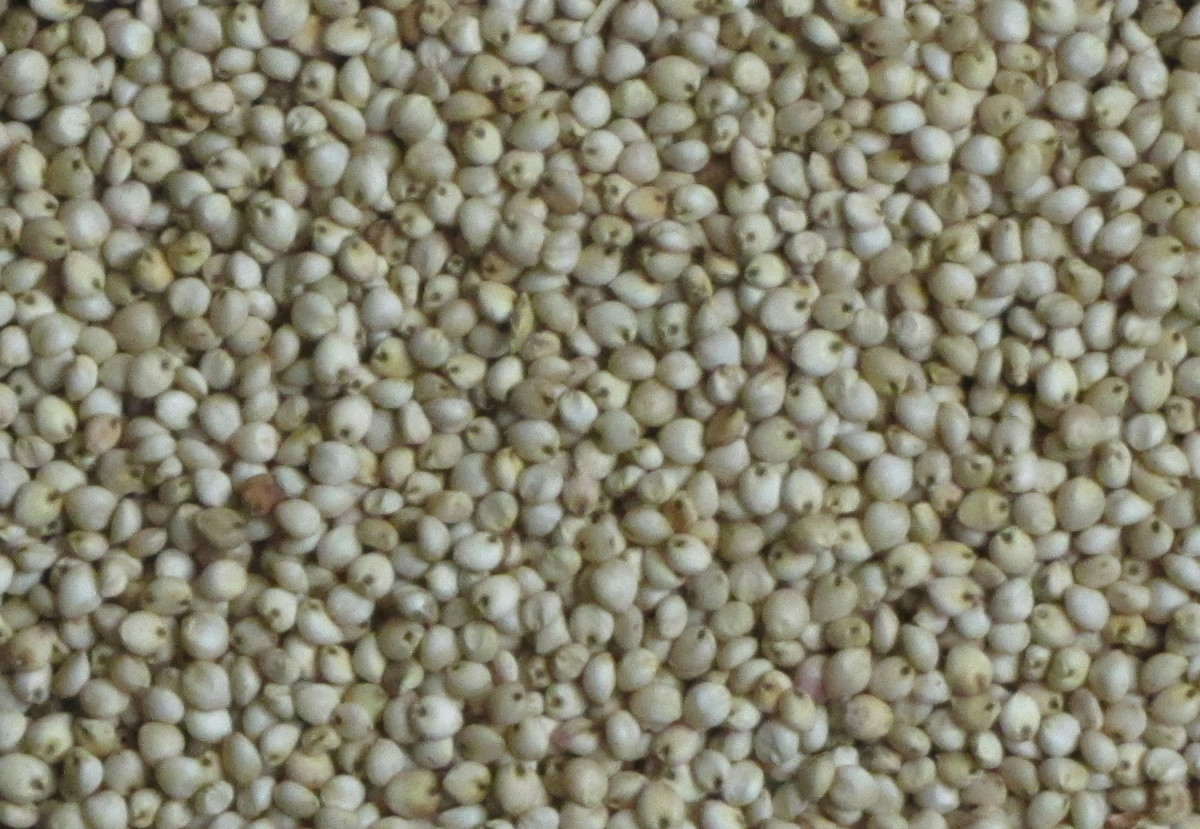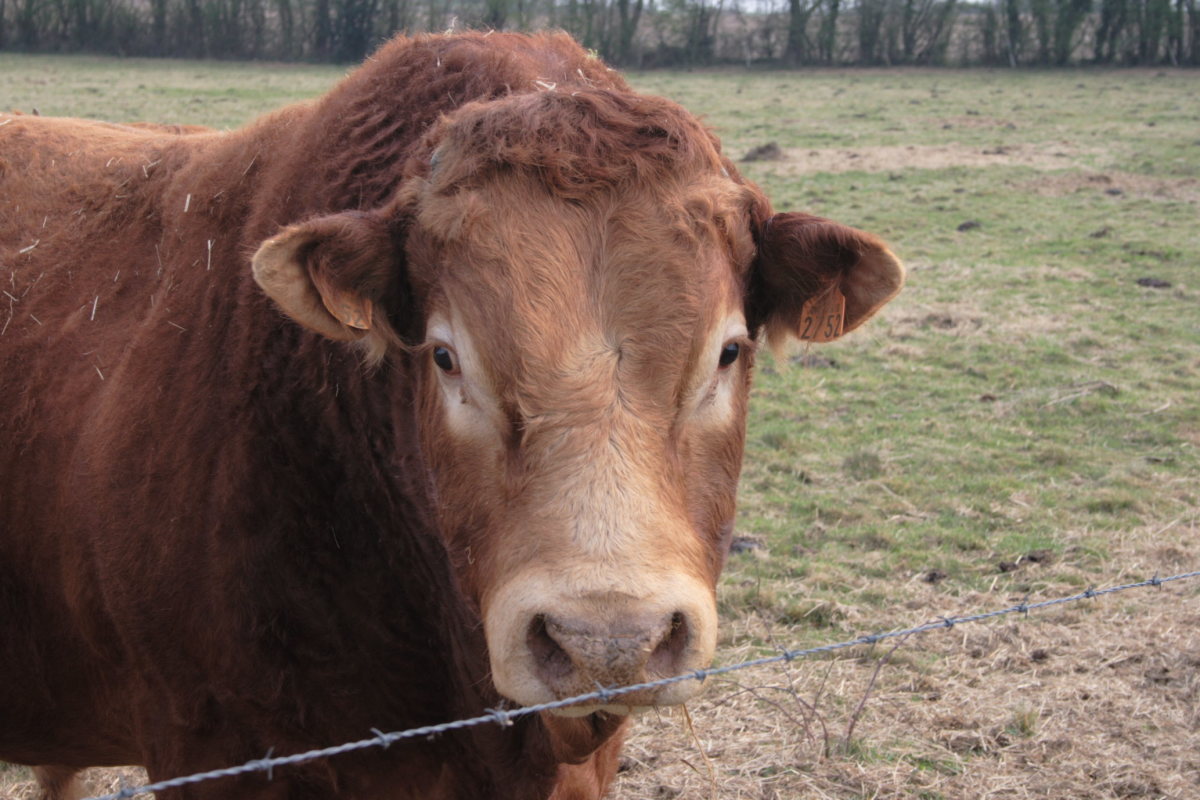The Benefits of Grass Fed Beef
If you are concerned about your health, animal welfare, and the environment, making the switch from grain fed to grass fed beef is one of the best things you can do.
The Health Benefits of Grass Fed Beef
Study after study has found that grass fed beef is substantially healthier for you than conventional grain fed beef.
Grass fed beef is significantly lower in total fat, cholesterol, and calories than grain fed beef. Typically, grass fed beef has one third the amount of fat as a similar cut of grain fed beef. In fact, its fat profile rivals that of skinless chicken breast, grass fed bison, and wild venison.
Although grass fed beef is lower in total fat than grain fed beef, it is substantially higher in healthy Omega 3 fatty acids. Grass fed beef typically contains about 2-4 times the levels of Omega 3 fatty acids as grain fed beef. Omega 3 fatty acids have been found to actually protect against heart attacks and several types of cancer, and are especially good for mental health. People who consume diets high in Omega 3 fatty acids are significantly less likely to suffer from depression, Alzheimer's, ADHD, and more.
A Quick Note on Labeling
For many years, the "grass fed" label on beef was unregulated and virtually meaningless. Nearly all beef cattle spend part of their lives on grass, and farmers were able to label their beef "grass fed" even if the cattle spent the last months of their lives fattening on a steady diet of grain, used chicken litter, and stale gummy bears in overcrowded feedlots.
Recently, however, the USDA tightened regulations on the use of the grassfed label to allow only beef that has actually been finished on grass to use the label. You can now purchase beef labeled "grassfed" with the security of knowing that the cow lived its whole life on pasture.
If you enjoy a little activism with your dinner, the American Grassfed Association is among the organizations working to protect and strengthen regulations on the grass fed label.
Grass fed beef also contains three to five times higher levels of another "good" fat called Conjugated Linoleic Acid, or CLA. Diets high in CLA are also associated with lowered risk of cancer and many other health problems.
Other health benefits:
- Grassfed beef is four times higher in vitamin E, a powerful antioxidant, than grain fed beef, and two times higher in grain fed beef that had been given vitamin E supplementation. It is also higher in beta-Carotene (vitamin A) and the B vitamins thiamin and riboflavin.
- Grassfed beef is higher in several important minerals, including calcium, magnesium, and potassium.
In addition to the nutritional benefits of grass fed beef, grass fed beef is significantly less likely to be treated with growth hormones, which may be linked to rising levels of early puberty and reproductive health problems. Grass fed cows also tend to be healthier than feedlot cattle and are also less likely to be treated with antibiotics. Antibiotic use in livestock is known to contribute to the rise of antibiotic resistant diseases.
Finally, grass fed beef is also significantly less likely to be contaminated with dangerous strains of E.coli bacteria.
Cow stomachs are actually poorly equipped to digest grain. When they are fed a high percentage of grain, it gives them acid indigestion, much like heartburn in a human. In addition to causing health problems in the cattle - 15-30% of feedlot cattle have liver abscesses, ulcers, and similar problems - high levels of acid in the stomach also encourage the development of acid-resistant bacteria, which can be dangerous and even fatal to humans who eat contaminated meat.
Feedlot Beef vs. Grass Fed Beef
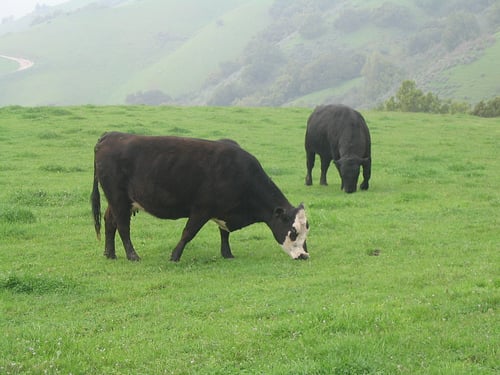
Grass Fed Beef is More Humane
Grass fed beef comes from cattle allowed to live their lives as naturally as possible, on good pasture with plenty of fresh air and sunshine. As a result, grass fed cattle are healthier and less stressed than feedlot fed cattle, resulting in higher quality meat.
Many grassfed producers also seek to minimize stress as much as possible at the end of life by transporting their cattle as short a distance as possible to slaughter. In some areas, grass fed producers can even use mobile slaughter units so the cattle can be killed, dressed, and inspected in the field.
Consider Bison
If you live in the United States or Canada, an even more environmentally friendly option is grass fed bison meat.
Bison are perfectly adapted to life on the Great Plains and require even less intervention than grass fed cattle to remain healthy and happy on good pasture. Additionally, their grazing patterns are better suited to the conditions of the Western US than those of cattle, so, provided they are not overstocked, they require less management to keep from damaging the range.
Grass Fed Beef is Better for the Environment
Sustainable agriculture guru Wendell Berry once wrote that "to take animals off farms and put them on feedlots is to take an elegant solution - animals replenishing the fertility that crops deplete - and neatly divide it into two problems: a fertility problem on the farm and a pollution problem on the feedlot. The former problem is remedied with fossil-fuel fertilizer; the latter is remedied not at all."
Eating feedlot beef is so bad for the environment in so many ways that people who care about the environment are often urged to go completely vegetarian. However, raising cattle on grass as they were intended to be raised reduces or eliminates nearly all the environmental problems associated with raising cattle for beef:
- Grass fed cattle naturally spread their manure out across their field, improving the fertility of the soil, instead of concentrating it in small areas where it can leach into surface and groundwater supplies, poisoning them, as occurs in feedlots. Many grass farmers rotate cattle with chickens, who spread the manure further with their scratching.
- Well managed pastures provide far greater biodiversity than the grain monocultures typically used to grow food for feedlot cattle.
- Well managed pastures require few or no chemical fertilizers, pesticides, and herbicides, unlike the grain crops grown to feed feedlot cattle. These agricultural chemicals can poison ground and surface water supplies and are dangerous for the health of farmers and farm workers. Some are also believed to cause health problems in the cattle who eat the grain, and the humans who eat the cattle.
- Well managed pastures require little or no irrigation, unlike the grain crops grown to feed feedlot cattle. In many parts of the United States, irrigation used to grow grain to feed cattle is depleting water supplies. The Ogallala Aquifer, for example, a massive natural aquifer that lies under the Great Plains from South Dakota to Texas, may be gone in as little as 25 years, largely due to irrigation for grain used to feed cattle.
- Both grass fed and feedlot cattle produce large quantities of methane, a potent greenhouse gas, from burps and farts. However, well managed pastures are excellent carbon sinks, while feedlots do not absorb any methane or carbon dioxide at all. Additionally, tilling fields for grain production releases massive quantities of carbon dioxide stored in the soil.
Where to Buy Grass Fed Beef
You can find lists of producers at the American Grassfed Association and Eat Wild.
Your local farmer's market is also a great place to find a grass fed beef producer. If you don't know where the nearest farmer's market is, check the directories at Local Harvest or the USDA Farmers Market program.
- Understanding Labels on Meat, Eggs, and Dairy Produc...
Many consumers are willing to pay more for meat, eggs, and dairy products from animals that have been raised humanely and sustainably, but unfortunately, in America the US Department of Agriculture does... - The Benefits of Pastured Pork
The vast majority of pork consumed in the United States today comes from huge hog confinement operations, known as CAFOs. Each building in a typical CAFO might hold 1,000 or more sows, or 10,000+ market hogs.... - Are Free Range Eggs A Healthier Alternative to Eggs?
Over and over we have heard that eggs are healthy, eggs are unhealthy, should eat them, shouldn't eat them. What is the truth? It is all the truth. The truth depends on which eggs were being used in each case. - Boycott Feedlot "Organics"
The carton shows a smiling cow and talks about "clean water, fresh air, organic pasture and exercise." But is that the reality? The organic dairy industry has been invaded by impostors. Organic foods are... - Why Grassfed is Best
Eating meat, dairy, and eggs from animals that have been exclusively grassfed is more nutritious, more humane, and better for the environment. The American Grassfed Association defines grassfed products from...

